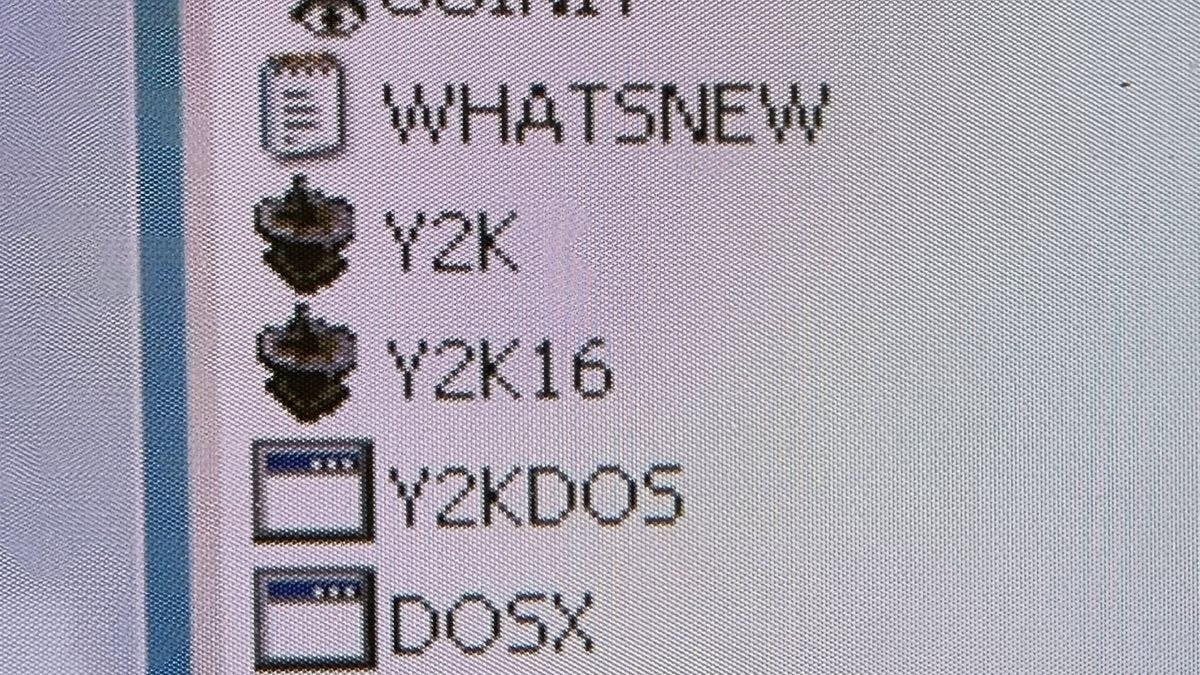Y2K to today
On the infamous bug, the end of life deadline for Windows 10, and the problem of deferred maintenance in the physical and digital worlds alike
NPR offers a retrospective on the Y2K bug that caused colossal worry a quarter-century ago, unhelpfully dismissing the outcome by saying that the Y2K bug "didn't live up to the hype". The event still resides in living memory for enough people still involved in the computer sector that some have quite vocally skewered NPR for the tone of the article, with others noting that Y2K occupied a unique intersection between society's dependence upon technology and the relatively juvenile stage of technology management at the time.
■ It is very hard to make the general public understand that technological issues are worth confronting head-on. Much of what saved us from Y2K disaster took place behind the scenes, and things are a quarter-century more complex today than they were then.
■ Yet some of the problems emerging now are potentially just as dreadful as the Y2K bug. Microsoft, for instance, has declared that it will end support for Windows 10 on October 14th of the coming year, having already ended support for Windows 8 and what came before. A plausible case can be made that Microsoft can't continue to secure anything older than Windows 11, so forcing customers to upgrade is the only safe way forward.
■ But the move will absolutely put a lot of Windows users in a much less safe environment, since they either cannot or will not upgrade their hardware and operating systems. This will leave them using platforms which are no longer receiving security updates, which effectively turns every newly-discovered security flaw into a zero-day vulnerability. And a lot of important things still run on old equipment.
■ The American cultural mainstream is pretty soft on its appreciation for sustained maintenance. More often than not, people prefer "fix on failure" to preventative or predictive maintenance approaches. Chewing gum and baling wire keep a lot more things together in the physical world than they should.
■ As bad as that is in the physical realm, it's vastly worse in the digital world. It's not about gears wearing down or grease slowly drying out -- things that typically fail slowly. Digital maintenance is often (literally) a binary issue: It is either correct or not, vulnerable or not, protected or not. The only grace period is how long it takes for bad actors to find the holes.
■ We learned the wrong lesson from Y2K: The bill for lots of deferred maintenance came due on a high-profile date, and a lot of frantic work fixed the problem and saved the day...but the general public never realized it. And in not making a bigger deal about the rescue, we missed the opportunity to reinforce a message about sustained attention and responsibility. The next disaster, unfortunately, won't come with such a memorable deadline as Y2K.



